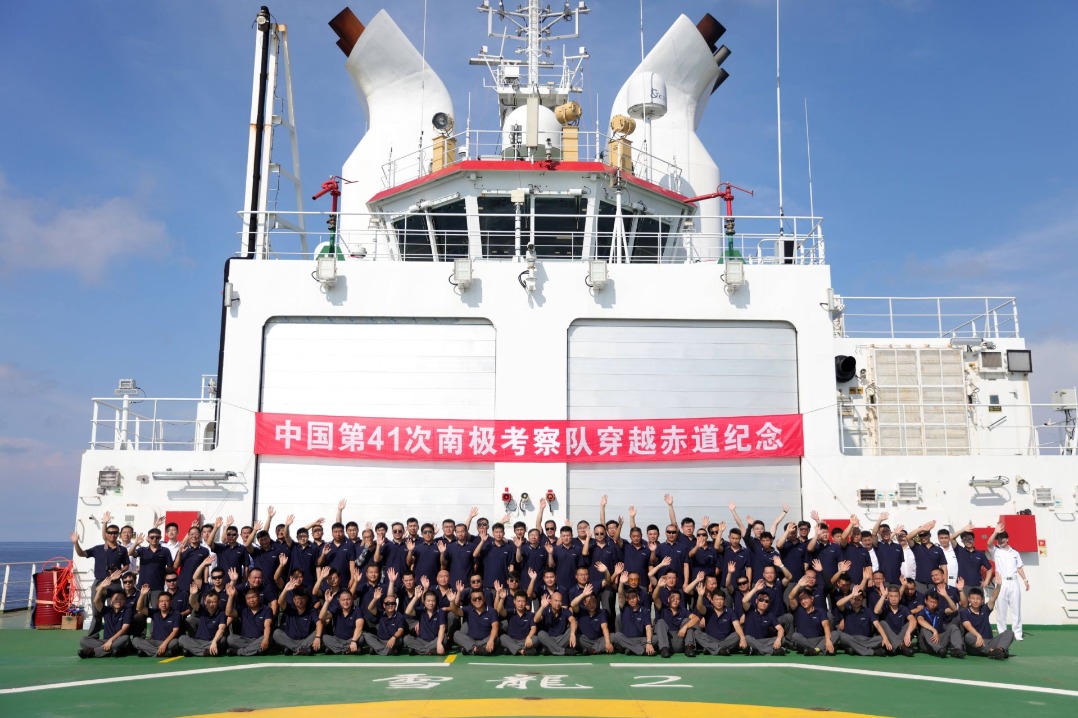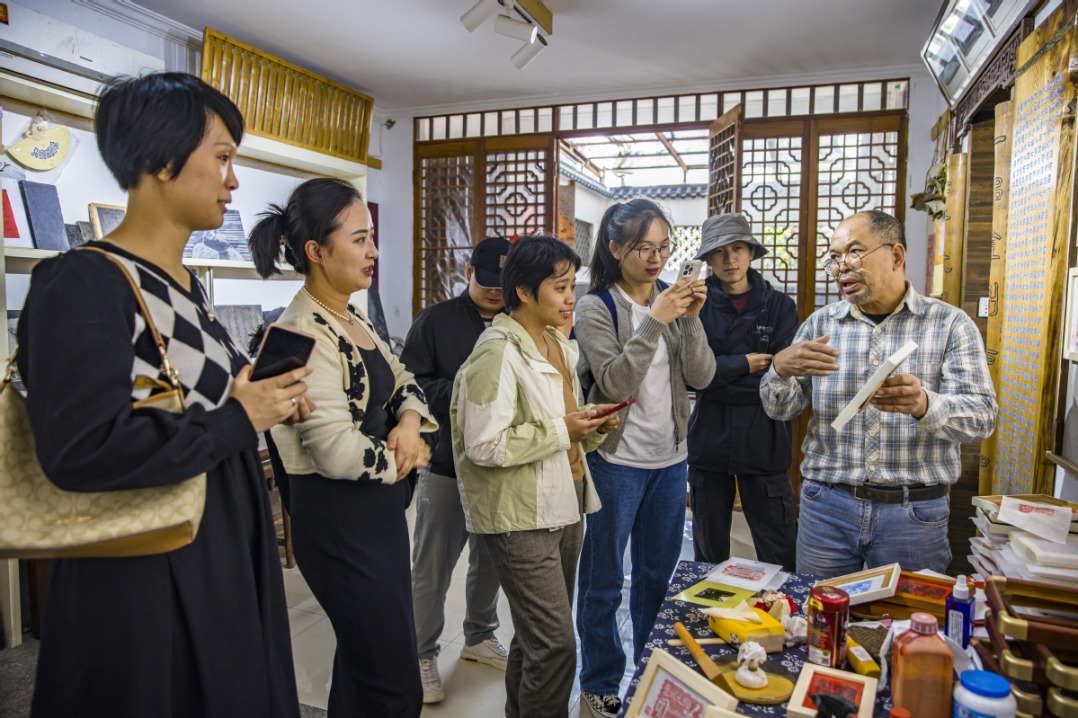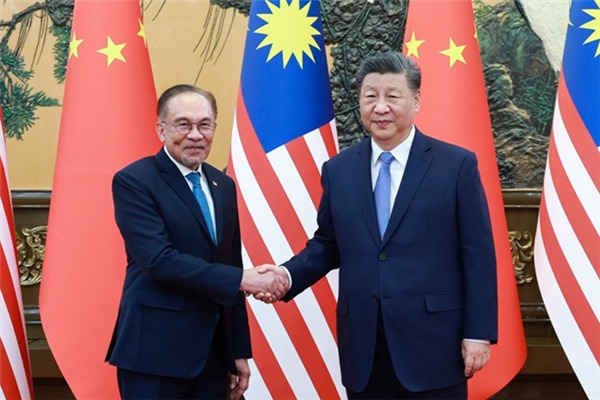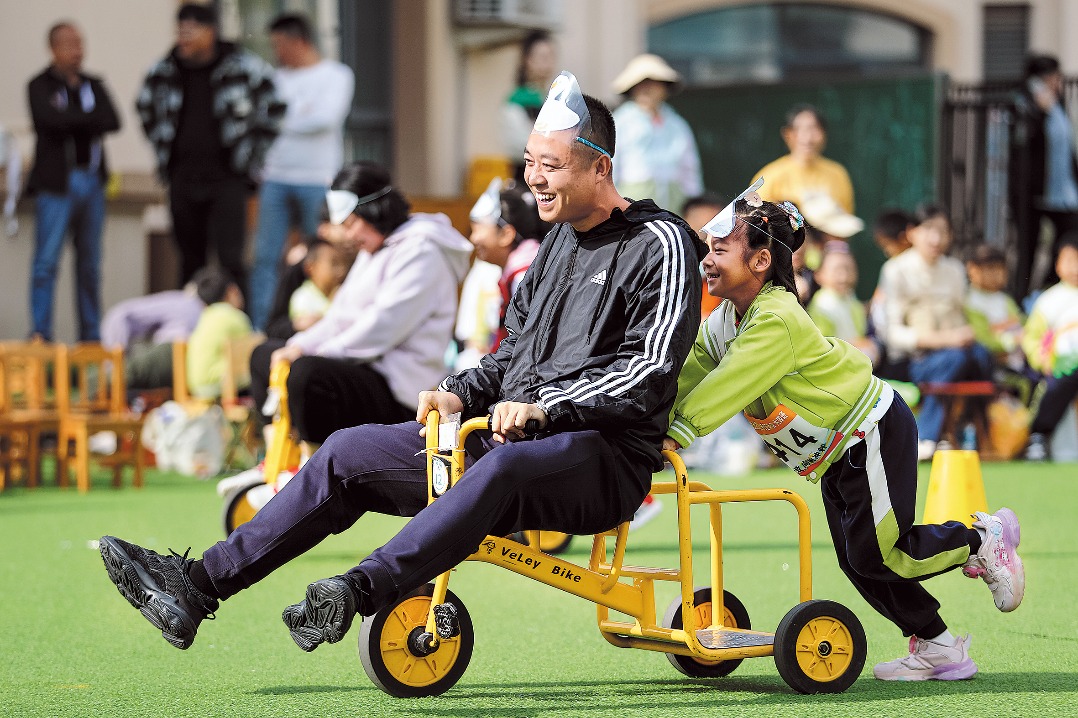Experts suggest creating digital Chinese textbooks

There is a huge overseas demand for Chinese textbooks, but challenges remain, experts agreed at a recent symposium hosted by the National Institute for Higher Education Teaching Materials under Higher Education Press.
According to them, teaching and learning materials for Chinese as a foreign language have witnessed a surge in publication and overseas readership in recent years. However, there are many obstacles impeding the distribution and export of Chinese text books to foreign countries, so digital study materials are needed.
With China's rapid development and growing cultural influence, Chinese textbooks are in high demand, and books covering topics ranging from aircraft engineering and traditional Chinese medicine to corporate management and Chinese language learning are being exported.
According to the 2023 International Chinese Language Teaching Resources Development Report, over 21,600 types of Chinese language textbooks have been shipped to more than 180 countries, an increase of 734 compared with the previous year.
Yet obstacles remain, experts said, including limited incentives for publishers to export Chinese textbooks, a lack of digital resources, uneven regional distribution and content that doesn't meet international learners' needs.
Chinese textbooks are reportedly more popular in countries participating in the Belt and Road Initiative, while uptake in Western countries has been slower, hindered by their well-established education and technology systems.
Han Zhen, director of the Academic Committee at Beijing Normal University, attributed the difficulties to cultural differences, which he said have impeded mutual learning in the educational field.
Liang Yu, a professor at Beijing Language and Culture University, pointed out that traditional textbook development can be slow, with fixed content structures that lack interactivity and flexibility, underscoring the need for digital transformation to meet diverse user needs.
Liang called for pooling high-quality textbook resources and integrating print and digital formats to accelerate innovation.
"We should develop AI products for international Chinese language teaching and harness cutting-edge technologies to empower personalized learning, tailored management and intelligent services to promote smart Chinese language education," she said.
Xu Nuo contributed to this story.





































